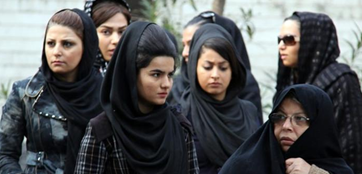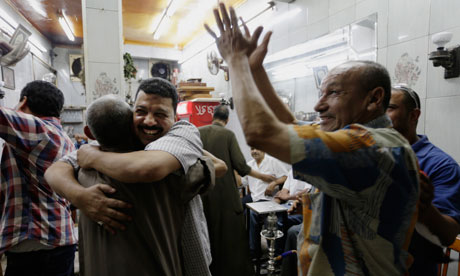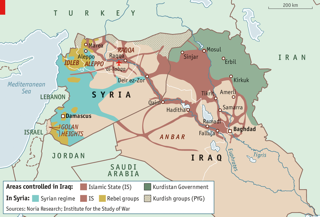Gone is the era of whispered exchanges, secret appointments and town rumours surrounding a woman’s struggle to bear children in the Islamic Republic of Iran. Iran, now home to over 70 clinics has transformed itself into the fertility treatment capital of the Middle East, changing the social environment of what was for centuries known as the great nang, or dishonor, for a woman. Ayatollah Ali Khamenei’s landmark fatwa, or religious decree, issued in 1999 making third-party sperm and egg donations permissible, the Islamic Republic has sparked a new debate amongst Shiite and Sunni Muslims.
Unexpected is the growing social tolerance and acceptability of such an issue from a country whose positions on women seem to fluctuate with the political winds of the time. Not unlike many Middle Eastern countries, generations of Iranians were raised in a culture where infertility was the greatest dishonour a woman could bring to her family. Assisted reproductive technologies scholar and practitioner, Farouk Mahmoud states, “in Muslim society, fecundity is cherished, children highly valued, parenthood culturally mandatory and childlessness socially unacceptable.” It begs the question why a country where more than 20 percent of Iranian couples cannot conceive has taken this long to adjust their position. The answer to such a question lies in the willingness to reinterpret Islamic religious law.
[captionpix align=”right” theme=”elegant” width=”300″ imgsrc=”http://natoassociation.ca/wp-content/uploads/2014/03/iranfertility.png”]
During the time preceding Khamenei’s fatwa, many women were concerned that seeking an egg or sperm donor from outside the marriage would be considered under the Quran as adultery or that those children born of such unions would be illegitimate. Thus, the issue of the fatwa relied upon a modernist approach to religious interpretation, a practice common among Shiite Muslims who believe that Islamic traditions must be reinterpreted in order for them to remain viable and relevant. According to a recent ForeignPolicy article, Iran’s Shiite mujahids’ (religious clerics) interpretations to bioethics are revolutionary. Over the years, the clerics have handed down decisions allowing everything from stem-cell research to cloning.
While the permissibility of such technologies seems to be generally universal among Sunni and Shiite scholars, in so far as the techniques involve a married couple, third-party donations are deeply unsettling for many Sunni clerics. Soraya Tremayne, an Oxford University professor and expert on fertility in Iran, argues that despite the ‘happy family’ rhetoric used by religious clerics to rationalize third-party donations, there is a dark and potentially dangerous downside to introducing technology to such an ambivalent society. Tremayne argues that Iranian women who have been coerced into accepting third-party intervention may suffer horrible consequences including emotional and physical abuse, abandonment, and even divorce.
The Indian Journal of Medical Ethics recently released a study on the viewpoints of fertile women on gestational surrogacy in Iran. While the majority of the respondents viewed surrogacy positively, some aspects of the process were not to the liking of the participants. Of biggest concern was the legality of the process. Many believed that the surrogate mother and not the commissioning couple should be considered the legal guardian of the child. In addition, under Iran’s Islamic family law, babies born of sperm or egg donation fall into the legal category of adopted children, posing potential problems for the parent-child relationship and prohibiting the biological (surrogate) mother from being able to set aside assets for the child. As Sara Bamdad, a researcher in Shiraz who conducted a survey on public attitudes about assisted reproduction stated,
[quote align=”center” color=”#999999″]“If a society can’t accept a child that’s born of assisted reproduction, then there’ll be so many problems in the future”[/quote]
While issues of parentage in other developed countries such as Canada remain to be conclusively determined, oftentimes a pre-determined agreement amongst the parties outlining intentions clarifies the issue. In Iran the clinics have succeeded in the creation of an environment that understands the medical benefits of surrogacy and have even played an important role in subsidizing such practices, but they offer little aid in mitigating aspects of social and religious stigma. The result of the study indicates the need for further education of the community on the religious aspects of gestational surrogacy as well as the need for government regulation of this procedure.
Although the international community’s main concern regarding Iran continues to be preventing the Islamic Republic from becoming a nuclear power, their strides regarding fertility treatments demonstrate that there are developments that offer hope for progress in human rights and growing equality for women in Iran. It is these developments that deserve our growing attention and support.




